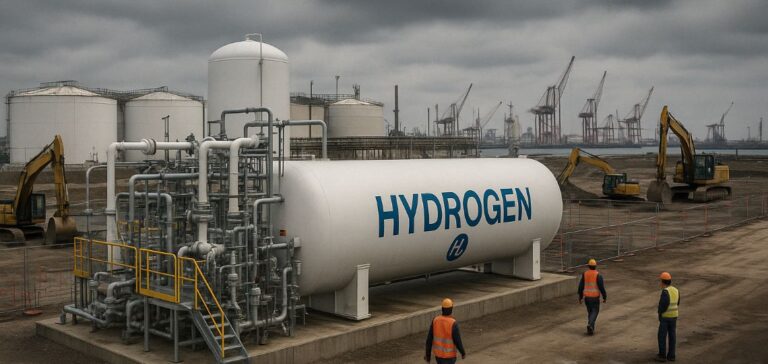The Government of Canada has announced CAD466,956 ($341,000) in funding to support the international development of companies specialising in hydrogen and fuel cell technologies in British Columbia. The financial support is granted to the Canadian Hydrogen Association under the Regional Innovation Ecosystems programme, managed by Pacific Economic Development Canada (PacifiCan).
This funding targets forty small and medium-sized enterprises based in the province, providing them with resources to attract foreign capital, seize export opportunities and showcase their technologies at international events. These initiatives include participation in the Hy-Fcell International Expo and Conference in Vancouver, which brings together global hydrogen industry experts.
British Columbia, Canada’s hydrogen hub
British Columbia is home to more than half of Canada’s hydrogen-focused companies, representing 1,350 full-time jobs. According to PacifiCan, the region has the industrial and research infrastructure necessary to meet growing demand for low-emission energy solutions, particularly in Asia and Europe.
This concentration of industry actors, combined with proximity to major port markets and abundant natural resources, positions the province as a strategic centre for exporting hydrogen-related technologies.
Increased public support for research
In May 2024, PacifiCan had already invested more than CAD9.4mn ($6.86mn) in a clean hydrogen research centre at Simon Fraser University. The centre collaborates with several industry partners, including the Canadian Hydrogen Association, to accelerate the development and commercialisation of hydrogen production and storage technologies.
The initiative aims to strengthen the local innovation ecosystem while enhancing the global competitiveness of Canadian companies. The Canadian Hydrogen Association, which represents more than 200 organisations, will play a central role in deploying this funding.
International visibility and capitalisation
PacifiCan’s investment is expected to help local companies position themselves against global competition in a growing market. The Hy-Fcell trade show, currently taking place in Vancouver, is presented as a strategic visibility platform for regional stakeholders.
The financial support comes amid strengthened industrial policy surrounding hydrogen in Canada. Further public investments are anticipated in the coming months as global demand for alternative energy continues to grow.






















